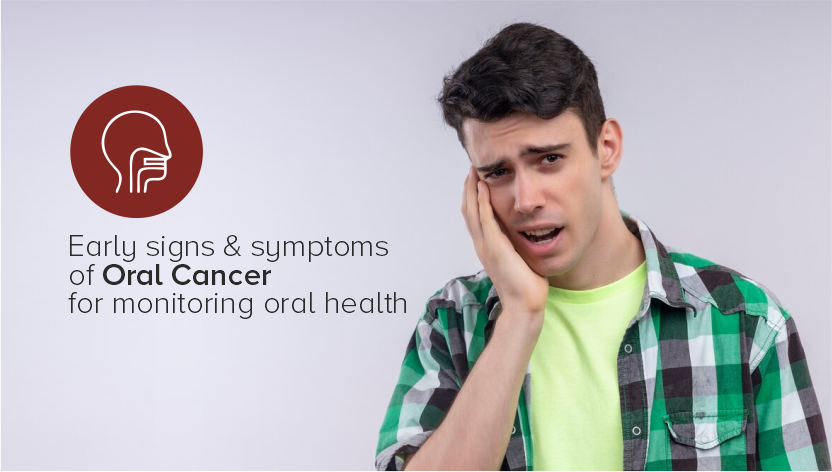Oral cancer is a serious and growing concern around the globe. With early detection significantly improving treatment outcomes, it's crucial to be aware of the early signs and symptoms of this potentially life-threatening disease. Oral cancer refers to malignancies that develop in the tissues of the mouth or throat. It belongs to a broader category of cancers called head and neck cancers. The main areas affected by oral cancer include the lips, tongue, cheeks, floor of the mouth, hard and soft palate, sinuses, and pharynx (throat).
